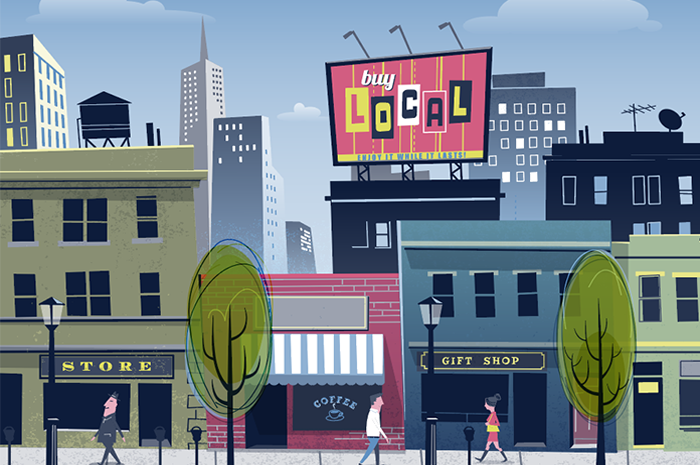
Unique City Laws to Keep in Mind When Opening a Franchise
As you’ll soon find out as a business owner, every city, every town, even every neighborhood is different. From the way zones and taxes are set up, to specific laws, to rules that are first enforced by the state and then trickled down, there’s likely to be many particulars involved with your company. Depending on where you’re located will make all the difference in such laws, as well as how you approach them. That’s simply the way that small businesses – and towns – work. An area will have a law that was put into place based on their certain needs, and so on.
All-in-all, this is a fairly standard procedure. The key is to be aware of what changes (or might change) based on your own location. Especially if you aspire to own and run multiple locations in different towns, counties, or even states. But what differences exist? How can you be aware of potential changes? And how they might affect your business?
The longer you’re in the franchising world, the easier it is to know what might come up, or how laws can change over time. But when you’re just starting out – or just gearing up to start – those same factors aren’t quite as clear.
Where to Set Your Roots
As you are researching franchises, you’ll begin to learn about city ordinances, local tax laws, employee requirements, and more. However, learning as you go can also feel like the long way around doing something. To get a jumpstart – to grab hold of the situation, you can start looking up laws before you even have a business that needs to follow them.
Talk with a lawyer in your area of choice, or an accountant for particulars on taxes. If you plan on being their client (or are already working with them), this should come as a free or discounted service.
Next, get online and see what others are saying. Do other business owners have comments or online chains discussing local issues? Are there town meetings? Boards that have listed changes or potential changes? This can also be especially helpful around an election. By learning what all each candidate stands for, you can vote as an informed citizen on the issues that will affect you and your upcoming business most.
Local government websites are also an important place to look when considering laws. They are likely to post updates or share publically any unique ordinances. Press releases or newspaper articles should also be shared in a public setting so that all business owners – new and veteran – have a better understanding for what’s taking place.
Essentially, information discussing laws should be available everywhere – cover multiple bases in order to find out as much info as possible.
What Laws Are Out There?
The thing about unique city laws is that they’re unique. (That’s our whole reasoning for checking on them in the first place, right?) They’re going to affect you differently because they themselves are the odd man out – and were likely put into place for a very specific reason. While this might make sense logically, it doesn’t make knit-picky rules any easier to deal with.
One city might not let you plant landscaping of your choice, another might outlaw drive thrus on certain streets. Your signage might have to be a particular size or wattage. Maybe you can’t open certain types of businesses in one neighborhood, or can’t open any businesses in another. These lists go on and on – and they are always, always going to be different. In every town, on every street, there will be various rules that you have to follow. (And a sizable fine that comes with it, should you not pay close enough attention.)
Moving Forward
The good news, however, is that there are plenty of folks in the know. If you’re renting, your landlord (or management company) is likely to have a list of types they can’t and can’t rent to. In the same light, when buying, your real estate agent will have a similar type of list. Contractors, designers, electricians, and more should all be aware of what goes, and what’s forbidden in a certain area. As part of being licensed to work in a neighborhood, they will know what services they’re able to provide in each location. And, if you still want to double check (never a bad idea), schedule an appointment with a local lawmaker – helping you is part of their job, and it could save you from having to redo something in the future.
For a better start at identifying unique laws in your area, open up multiple communication channels and start researching before you act for a better franchising start.
